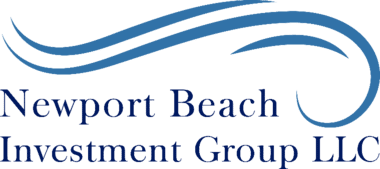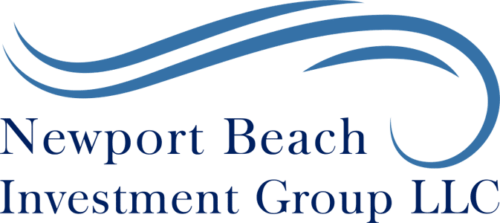Owners & CEOs
Be ready for opportunities
Raising capital for your business is one of the first steps to turning (or keeping) the lights on, paying employees, and making your product. For many business owners, funding their venture is top of mind. It can also be a stressor.
Not surprisingly, many business owners have a lot of work to do when it comes to preparing to sell their company. But if the predictable aspects of a sale are already prepared for, owners can be positioned to take advantage of good opportunities to sell if they arise.
Even though money is not the most important driver for starting a business, you will want to be properly rewarded for your blood, sweat, and tears.
How much will you earn? projected out your expected equity ownership at exit and you know what your target valuation is at exit, you can calculate your return:
Your expected equity % at exit x the target valuation x (1-capital gains tax rate)
Having this foresight will ensure that you start your business without any regrets and a clear understanding of what you are aiming to achieve.
Selling Considerations
A business is generally worth a multiple of its profit. Depending on the size of the deal and the industry, that can range from 2-10 times the profit. Smaller businesses (under $3M in price) generally average 2-3 times profit, medium-sized businesses ($3m to $20m) can bring in 3-6 times the profit and large businesses ($20m and over) will often see 5-10 times the profit.
Because a business is generally valued on its profit, thorough and accurate financials are essential, including preparing an adjusted profit and loss statement to present to buyers.
Depending on the size of your deal and factors such as industry, revenue and potentially having unsolicited offers on the table, most companies will garner a higher valuation when they work with a banker who can bring strategic insights to the process.
Develop an investment package that clearly and concisely summarizes the key points of your operations, mission, management, products or services, competitive advantages, and financial data to provide an overview that will help a buyer compose an offer.
Market your business to strategic and financial buyers seeking to acquire a company similar to yours.
Receive offers from buyers and negotiate the best offer based on your expectations around price and other important factors.
Buyers generally receive 45-120 days to verify financials and validate any and all information presented is accurate.
Time to celebrate! Sign the final contract and begin the handover transition.
Due Diligence Checklist
Potential buyers will be looking for detailed information about your operational and financial health. Here is a list of things you will be expected to have ready with regard to general information.
Executive summary
Intellectual property
Capitalization table
Stock purchase agreements
Employee directory
Media mentions and publicity
Marketing strategy is going to be a big part of the buyer’s decision. You may need to provide information on.
Competitor information and research
Keyword research and search appearance
Visitor statistics and demographics
Sales history and conversion rates
Statistics and search engine rankings
The final information you’ll need to prepare is legal documentation, including proof of ownership, transfers and historical or legacy documents such as.
Audits, financial statements, tax returns
Cashflow analysis and quality of earnings
Customer analysis
Intellectual property
Expense and profit reports
ROI Analysis
Appraisals and real estate holdings
Correspondence
Frequently Asked Questions
You can sell your business for what the market will pay and it is the buyer that determines the price of a business. That being said, a business is generally worth a multiple of the earnings, which means a value applied to the profit of your business.
You price your business depending on how much money it makes. If you are making no money, the price is based on the value of the assets. If it is making a little bit of money, the price is based on a seller’s discretionary earnings. If it is making a lot of money, the price will be a multiple of EBIDTA.
Generally the larger the deal, the longer the time frame it will take to sell a business. At exit, we average about 3-7 months to close a deal.
You can sell your business quickly by having it priced correctly and with the right terms. One of the best ways to sell your business fast is to offer it to someone with no up-front payment and an earnout based on performance. This option can be presented to your business partner, employees, competitors, or someone in your network.
Businesses in all industries can be sold. However, the differences come into play when assessing valuation across industries. Some of the most attractive industries currently receiving high valuations are service companies, logistics and transportation, property management, home services, and technology.

